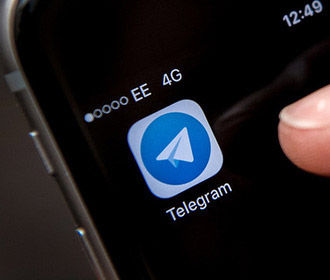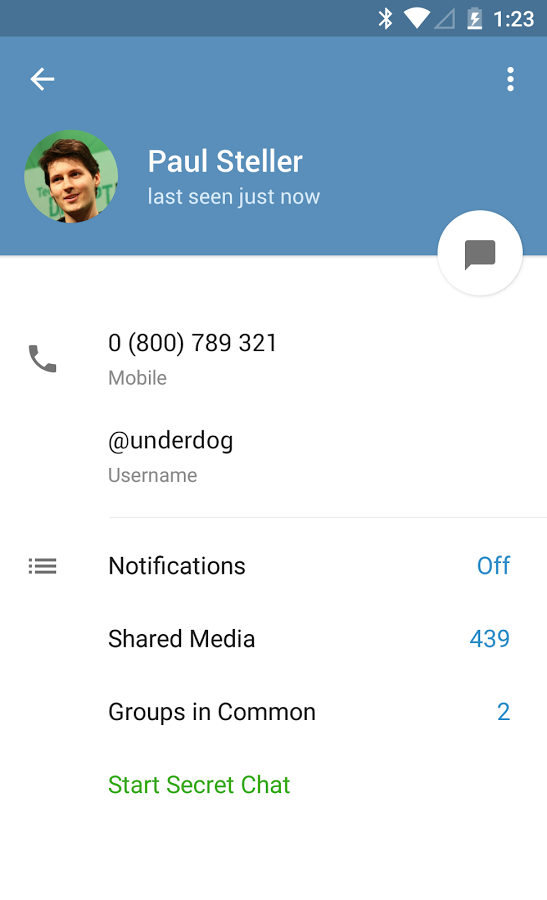

The world needs Telegram to stay independent as a place where users are respected and high-quality service is ensured,” he wrote. “We are not going to sell the company like the founders of WhatsApp. We will fix this by introducing our own Ad Platform for public one-to-many channels,” Durov wrote today.Īll existing features will remain free, said Durov, who is one of the biggest critics of Facebook-owned WhatsApp, adding that Telegram is committed to not introduce ads in private one-to-one chats or group chats because they are a “bad idea.” The ads they post look like regular messages, and are often intrusive.

In many markets the owners of such channels display ads to earn money, sometimes using third-party ad platforms. Our massive public one-to-many channels can have millions of subscribers each and are more like Twitter feeds. “Telegram has a social networking dimension.

But after several delays and regulatory troubles, Telegram said in May that it had decided to abandon the project. Some analysts were hoping that Telegram would be able to monetize the platform through its blockchain token project. We want millions of Telegram-based creators and small businesses to thrive, enriching the experience of all our users.” “The artists who make stickers of this new type will also get a part of the profit. Another way Telegram could monetize its service is through premium stickers with “additional expressive features,” he wrote. “If we monetize large public one-to-many channels via the Ad Platform, the owners of these channels will receive free traffic in proportion to their size,” he wrote. The service, which topped 400 million active users in April this year, will introduce its own ad platform for public one-to-many channels - “one that is user-friendly, respects privacy and allows us to cover the costs of server and traffic,” he wrote on his Telegram channel. “A project of our size needs at least a few hundred million dollars per year to keep going,” he said. Instant messaging app Telegram is “approaching” 500 million users and plans to generate revenue starting next year to keep the business afloat, its founder Pavel Durov said on Wednesday.ĭurov said he has personally bankrolled the seven-year-old business so far, but as the startup scales he is looking for ways to monetize the instant messaging service.


 0 kommentar(er)
0 kommentar(er)
